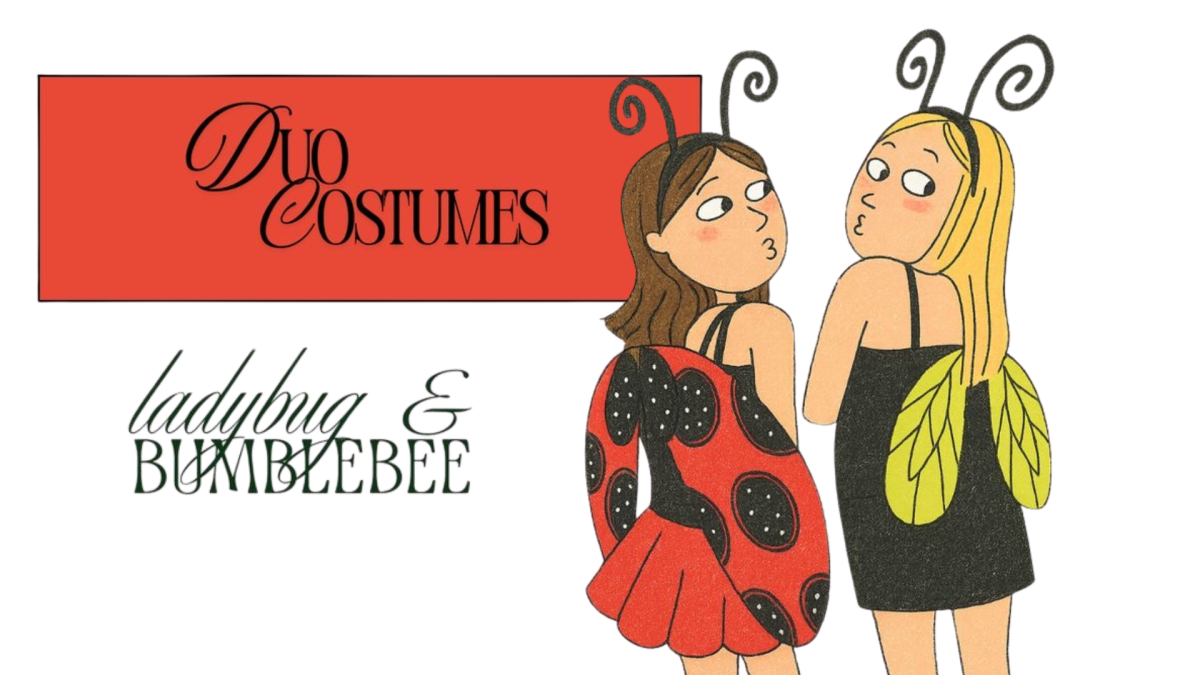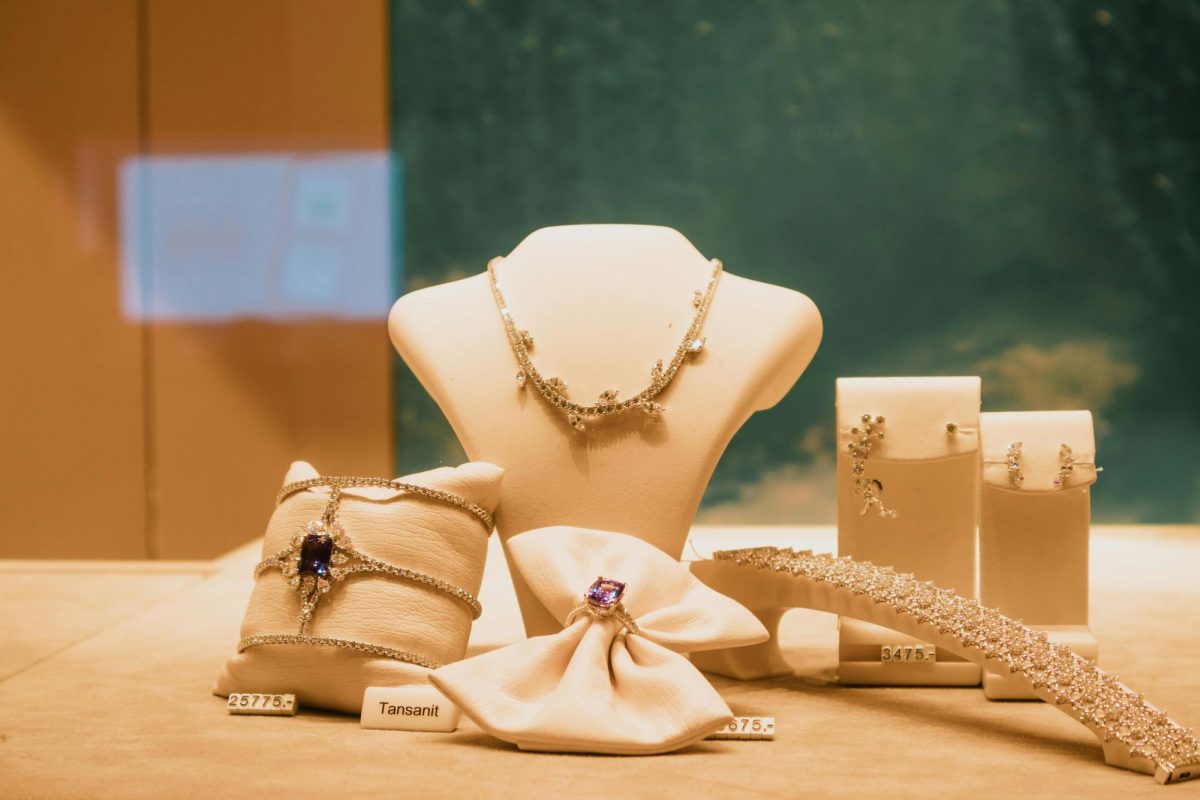This holiday season, as always, one gift found its way onto many people’s wish lists: jewelry. Whether it’s an expensive necklace for a loved one or a simple friendship bracelet for a best friend, jewelry is often appreciated for its sentimental value, making the recipient feel special during the holiday season. However, it is no secret that jewelry tends to fall on the pricey side of holiday gifts, and thus many reside in more economically beneficial alternatives. In the search for appealing yet budget-friendly jewelry, one brand has captured the interest of consumers for the past two years: Evry Jewels.
This growing brand has emerged as a major contender in the world of jewels, offering a wide selection of trendy and most notably, affordable pieces. From dainty gold necklaces to bold statement rings, Evry Jewels markets itself as a company for stylish yet accessible jewelry. Its social media-driven marketing and influencer collaborations have fueled its popularity, especially among Gen Z and millennial shoppers.
However, behind the allure of affordability and trendiness, Evry Jewels is facing serious allegations of deceptive practices regarding its promotional tactics. Currently involved in multiple lawsuits, the company is accused of misleading consumers with false advertising tactics, violating health and safety regulations, and even infringing on the intellectual property of a luxury competitor. These legal battles threaten to damage the brand’s reputation. They could also force it to forfeit millions in profits, assuring that the brand does not profit from any fraudulent conduct.
Central to Evry Jewels’ legal troubles are allegations that the company engages in deceptive pricing tactics aimed at manipulating consumers. Attorneys from Dovel & Luner, a law firm specializing in class-action litigation, have filed lawsuits accusing Evry Jewels of using “false reference prices” to create the illusion of significant discounts, such as “limited time,” “X% off sitewide” and “only while supplies last.” Investigations reveal that many of these “discounted” prices were never actual market prices, with products being consistently advertised as “on sale.” Junior Aubrey Green shared, “Sometimes it does annoy me because I just wish that they would price their items the usual price they are and then go on actual sales instead of just being permanently on sale.” One of their most popular items — the “Double Cross Me Necklace” — had an original price that fluctuated from $69 to $85 and is currently standing at $110.
Junior Lilly Caddou said, “I do think the company’s promotional tactics are super misleading because I remember the first time I ever bought something from Evry Jewels I didn’t know that they [always] had sales. I just bought a bunch of stuff because I thought that those limited time or deals were rare.”
Nevertheless, the company’s legal troubles extend beyond deceptive advertising. Evry Jewels has also been accused of violating California’s Proposition 65, a law requiring businesses to provide clear warnings about exposure to harmful chemicals.
The Center for Advanced Public Awareness (CAPA) recently issued a legal notice accusing Evry Jewels of selling products containing a chemical linked to cancer. The notice specifically references the brand’s “2 Piece Mystery Bundle Storage Pouches,” which allegedly contain the chemical. CAPA claims the company failed to provide the legally required health warnings, depriving consumers of critical information about potential risks. For Evry Jewels, these allegations add yet another layer of legal and financial uncertainty.
In addition to consumer protection lawsuits, Evry Jewels also faces a trademark infringement case filed by luxury brand Chrome Hearts LLC. The lawsuit alleges that Evry Jewels has used designs and branding elements similar to Chrome Hearts’ trademarked products, potentially causing consumer confusion.
Overall, the lawsuits against Evry Jewels reflect a broader trend of increased accountability in retail marketing. As certain tools make it easier to track historical advertising practices, companies are being held to higher standards of transparency. For consumers, these cases serve as a reminder to approach promotional claims with caution.
It is important to recognize that there are many people who these lawsuits make them feel indifferent about the brand. For instance, when asked about what she thought about Evry Jewels exposing their consumers to toxic chemicals, Caddou said, “[The exposure to chemicals] has made me like [the brand] a lot less, but I also remember that so many things nowadays have chemicals in them so one brand with harmful chemicals isn’t that big of a deal compared to all things in our world that have chemicals or cause an effect on you.”
In a world where brands are constantly involved in controversies, these lawsuits highlight how difficult it can be for consumers to keep up and truly care. This isn’t the fault of consumers though: it’s simply overwhelming to navigate a market where new problems arise so frequently. When controversies become so common, it’s easy for people to feel powerless to make a difference. The number of constantly arising issues, ranging from ethical practices to environmental concerns, creates an atmosphere where caring deeply about every controversy feels impossible.
All in all, in the case of Evry Jewels, it is essential to keep in mind that their troubles underscore the importance of ethical business practices.








































